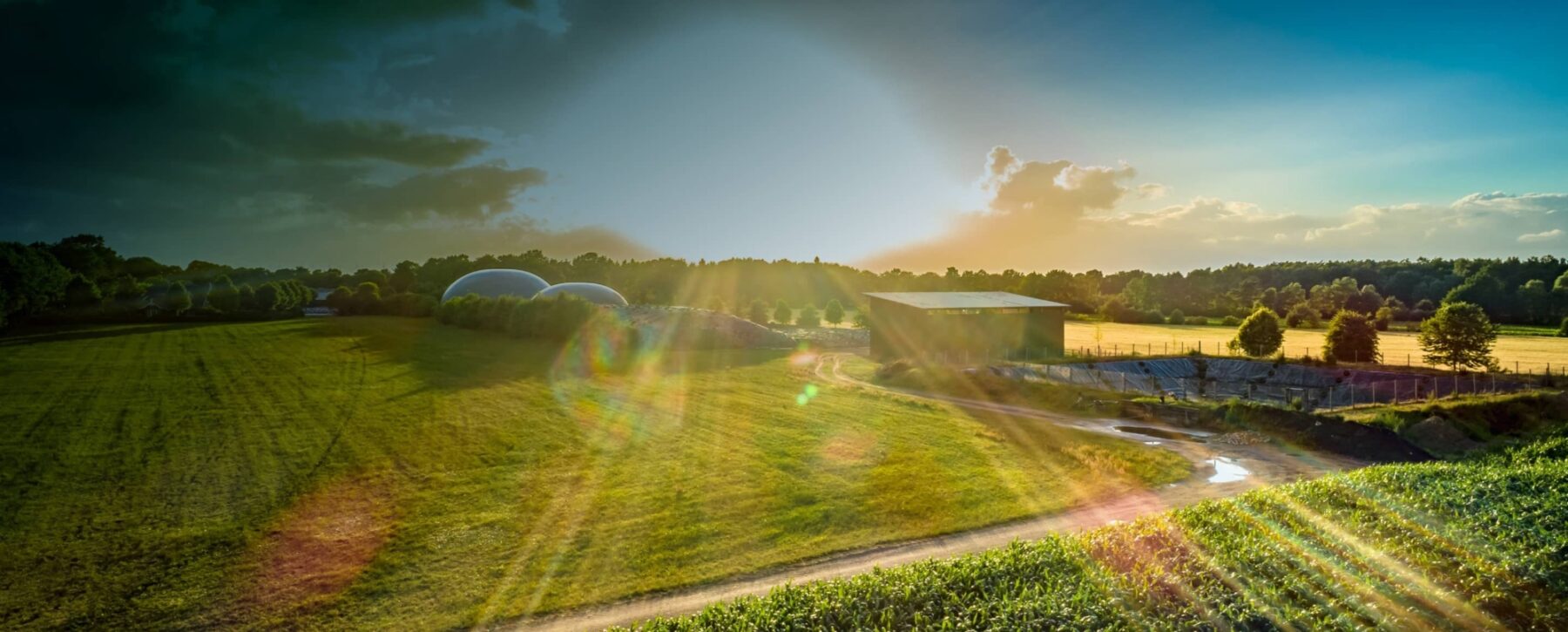Created from recycled plastic bottles, Petit Pli’s pleated designs provide plenty of room to grow. The LittleHuman range, for example, fits children from 9 months all the way through to 4 years. Given that extending the life of clothing by just nine months results in a reduction in carbon and water footprints of 20-30% each, it’s easy to see the impact these garments will have on the clothing industry and the environment.
The benefits stack up quickly, as each piece of clothing upcycles used bottles while drastically reducing the materials and resources needed for future clothing production. We expect returns to stack up quickly, too. The team has already demonstrated strong revenue growth of 500% in the last year. With its sights set on becoming the GORE of licensed, sustainable textiles, and with the US$252bn childrenswear market as its playground, we see a bright future for Petit Pli and its little humans.

